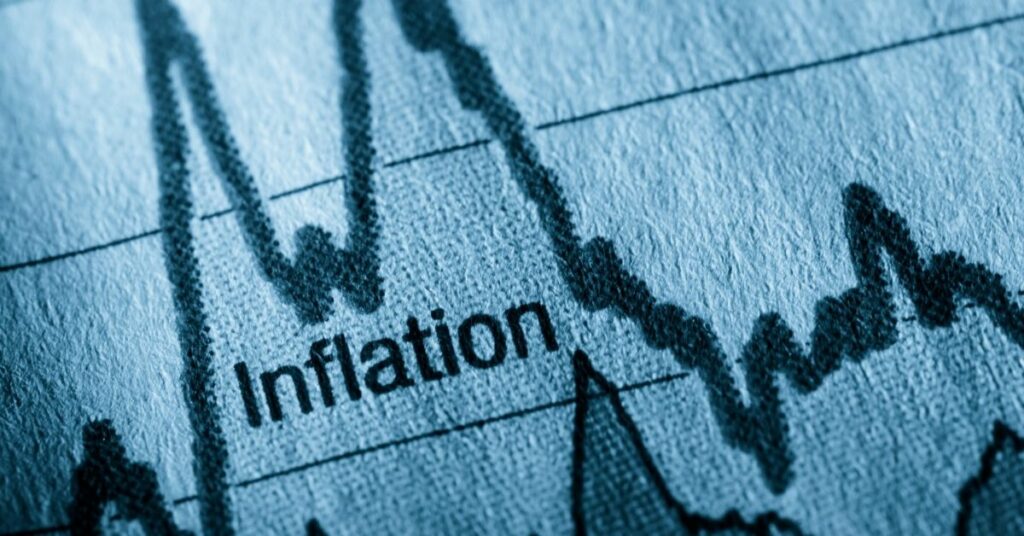Taking Charge of Personal Finances During Covid & Inflation Spike
David Roberts

The pandemic has brought some unique advantages and disadvantages to the personal finances of most individuals. Now, in addition to navigating those challenges, inflation is spiraling under the current administration. What should a person be doing right now to counter the impact of these two very significant impacts on your personal finances?
In some ways, the pandemic may have helped reduce personal expenses. If your employer has mandated or allowed you to work remotely from home, you no longer have gas expenses, vehicle wear and tear (maintenance costs), work clothes expenses, and indirect cost reduction if you ate out for lunch every day. On the other hand, if your children could no longer attend school, now you may have additional child-care expenses in your home while you work. Also, it’s possible you needed to upgrade your Internet connectivity to be able to work efficiently from home. If you have money in a savings account, the current inflation rate is 6.2% – which is likely much higher than the interest rate you are saving. The average national savings interest rate is less than 1%, therefore your money in a simple interest-bearing account is losing value every day.
Here are some steps you can take to maintain and/or improve your financial position during this pandemic and high-inflationary period:
- Due to the labor shortage, this is a very good time to ask your employer for a raise. If not successful, look at the current job market for your services. This is an ideal time to change jobs and increase your pay. Do not be bashful about asking for a retention bonus for current job, or a hiring bonus for a new job.
- Take a serious look at what your budget is for gifts during this holiday season. Challenge yourself to fund your gift-giving by selling items you no longer need or use.
- Make sure any savings are in the highest-interest bearing account your account qualifies for at your bank, credit union or other institution. Keep in mind any fees that are charged.
- Check your 401-k to see if you need to re-position the funds or markets you have currently invested in.
- During inflationary periods many investors diversify further into precious metals and bonds.
- Ask your employer to reimburse any expenses related to your mandate to work from home (Internet upgrade, etc.).
- Make sure to check with our tax professional about deductions for a home office on your tax return now that you are working remotely.
- Call your mortgage provider and inquire about a lower interest mortgage to reduce your mortgage note (without increasing your mortgage length).
- If renting, call your landlord about any hardship rental reductions available.
- Call your credit card companies if you are carrying monthly balances and ask about any hardship relief in interest charges during the pandemic.
- If you have a student loan, contact the lender about any loan forgiveness programs offered – or hardship interest rate reduction.
- Revisit your budget and adjust accordingly. The trick is to increase income and reduce expenses for maximum optimization of your personal finances.
- And, finally – subscribe to Wealtheo+ to get the latest cutting-edge courses and techniques for improving your financial health.
Related Articles
How To Quickly Improve Your Credit Score
Bad credit can lead to plenty of issues. It can make it difficult to get a loan, rent an apartment, or even get a job. ...
Read More
Is Debt a Sign of Failure?
Debt is a tricky topic. Some people see debt as a sign of failure, while others see it as an opportunity to invest in something ...
Read More
How To Set and Reach Financial Goals
When it comes to your finances, you would likely love to be in a much better place. But, if you’re honest with yourself, you often ...
Read More







